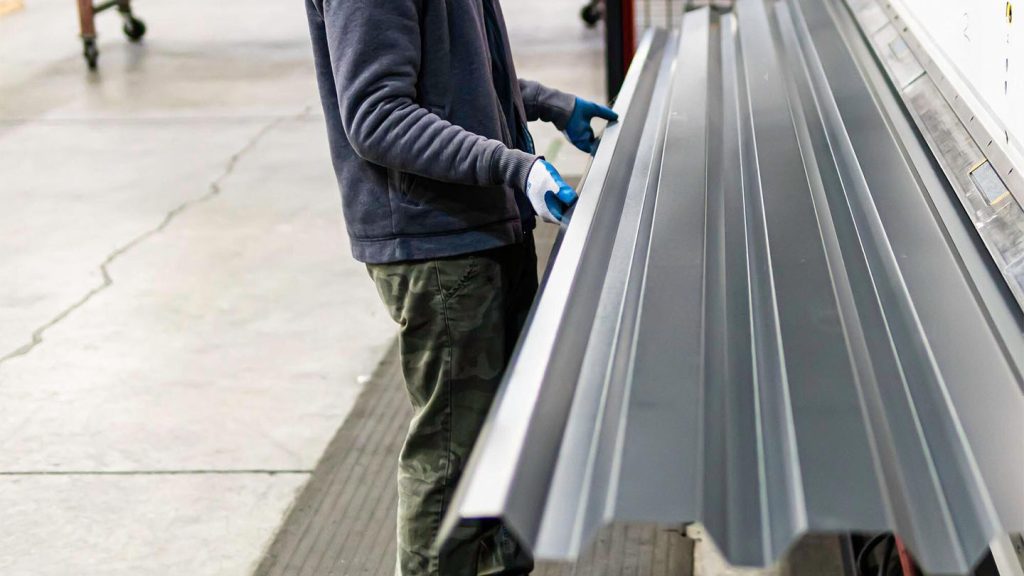Industrial fabrication is a crucial part of modern manufacturing, and it plays an important role in various sectors, including construction, manufacturing, and mining. Fabrication is the process of cutting, shaping, and assembling raw materials to create exclusive metal parts, structures, and components. It is an unrecognized element that transforms raw materials into exceptional products through seamlessly blending technology and manufacturing. Whether you think of an optimized supply chain, construction, or streamlining infrastructure, industrial fabrication is the vital driving force that brings excellence to any project. It is a method that connects innovations and technical skills and encourages the development of new technologies. In this blog, we will explore the impact of industrial fabrication on advanced manufacturing. So, without further delay, let’s dive into the world of innovative manufacturing.
Overview of Industrial Fabrication in Manufacturing Processes
If you think of any manufacturing process, the one that is common in all manufacturing is their complexity. All these processes require careful planning, coordination, and optimization to ensure seamless production and maximized output. Industrial fabrication provides the required expertise to analyze tools, design, and improve processes, which makes it an essential component of the manufacturing industry. It is a component that builds and optimizes complex systems and processes for organizations.
Industrial Fabrication is a component that builds and optimizes complex systems and processes for organizations. It combines various principles of various fields into the same place, such as physics, mathematics, and science, to improve industrial efficiency and quality.
Importance of Industrial Fabrication in Manufacturing
Industrial fabrication plays a crucial role in improving manufacturing processes for multiple reasons. Here are some of its main contributions:
- Customization and Precision
One of the greatest advantages of industrial fabrication is its ability to create custom and accurate components. It uses modern technologies like laser cutting, CNC machining, welding, and much more. This empowers the producers to ensure the parts precisely match the design. Industries that place the highest value on accuracy choose industrial fabrication as their top priority. Industries such as defense, aerospace, medicine, and more (where even the smallest of mistakes can be fatal).
- Enhanced Durability
Industrial fabrication produces components that are best known for their incredible durability and strength. They generally use materials like steel and aluminum that are renowned by the processing for their capacity to withstand extreme conditions, including high temperatures, heavy loads, and even harsh weather conditions. Because of this, industrial fabrication parts are ideal for industries such as construction, transportation, and heavy machinery, where strength and reliability are critical aspects.
- Improved Production Efficiency
The methods used in industrial fabrication are usually focused on improving manufacturing efficiency. Techniques like stamping, forging, and casting were used to help produce multiple parts quickly, which cut down on lead times and increased productivity. This efficiency helps the industries that prioritize efficiency, such as automotive manufacturing, where there’s always a need for high-volume output.
- Innovation and Adaptability
Industrial fabrication is leading the way in revolutionizing innovative manufacturing. By using a diverse range of metals and crafting techniques, manufacturers can easily manage to develop market needs. This remarkable field is essential for fostering innovation, whether it involves creating complex parts for electronics or discovering lightweight materials for the automotive sector.
- Cost-Effectiveness
Undoubtedly, the setup can be expensive for an industrial fabrication plant at first, but the advantages can easily outmatch the cost in the long run. The fabricated components are long-lasting and have low maintenance for time, reducing the cost of total ownership. Furthermore, materials can be more cost-effective due to the feature of recycled materials. This allows the reuse of the resources again without compromising the quality and efficiency of production.
The Future of Industrial Fabrication in Manufacturing
Industrial fabrication will continue to be a vital component of the manufacturing sector. It is highly utilized in the industries such as automation, robotics, and much more. It surely has a lot of room for improvement, which may be overcome by future technologies such as the integration of AI. This will allow it to improve production efficiency even further with machine learning. It is expected to provide significant advantages in enhanced productivity while maintaining the costs under control.
It will maximize productivity, efficiency, and resource management even further. However, its contributions focus on enhancing quality, guaranteeing safety, and promoting environmental sustainability. By exploring different aspects and benefits, we assume that industrial fabrication will foster positive impacts on manufacturing operations. As the industry evolves, industrial fabrication will remain essential in defining the promising future of manufacturing.

